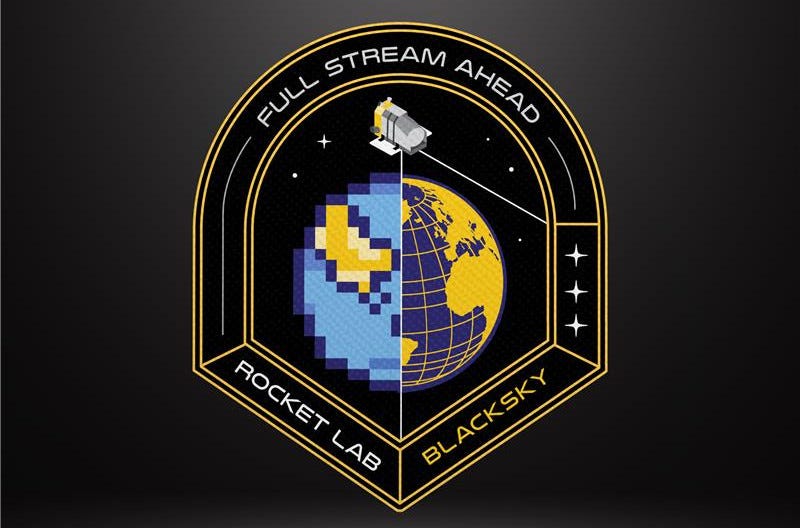Launch Window Established for Black Sky Gen-3 Satellite
Rocket Lab Plans to Launch the Spacecraft May 28
The launch window for the next mission for real-time space-based intelligence company BlackSky has been announced by Rocket Lab. The mission, named ‘Full Stream Ahead, will launch from Rocket Lab Launch Complex 1 in New Zealand during a launch window that opens on May 28th, 2025 UTC (May 27 EDT).
“With every Gen-3 addition we improve revisit rates, capac…




